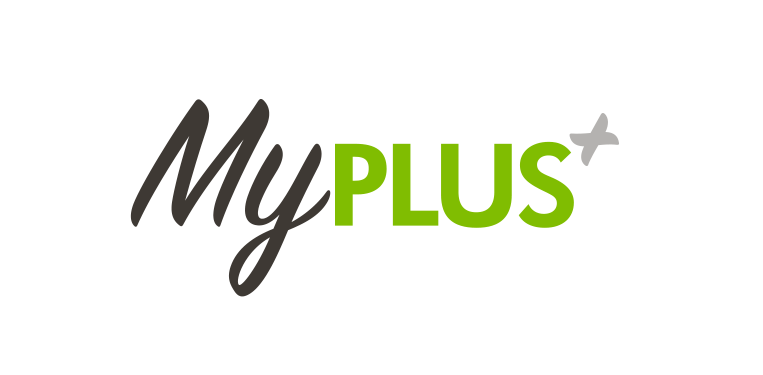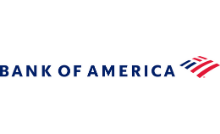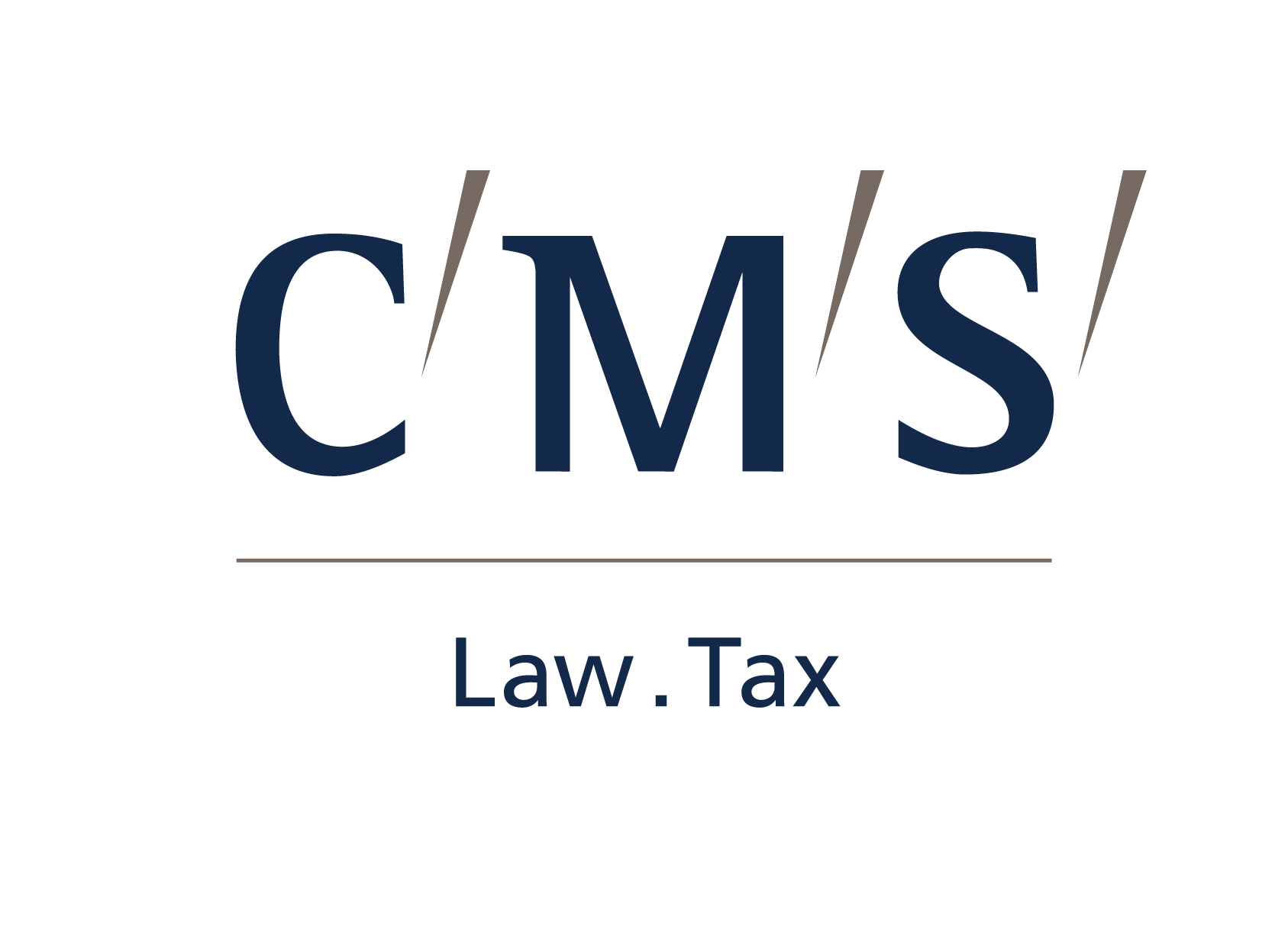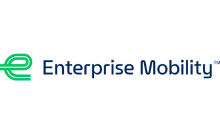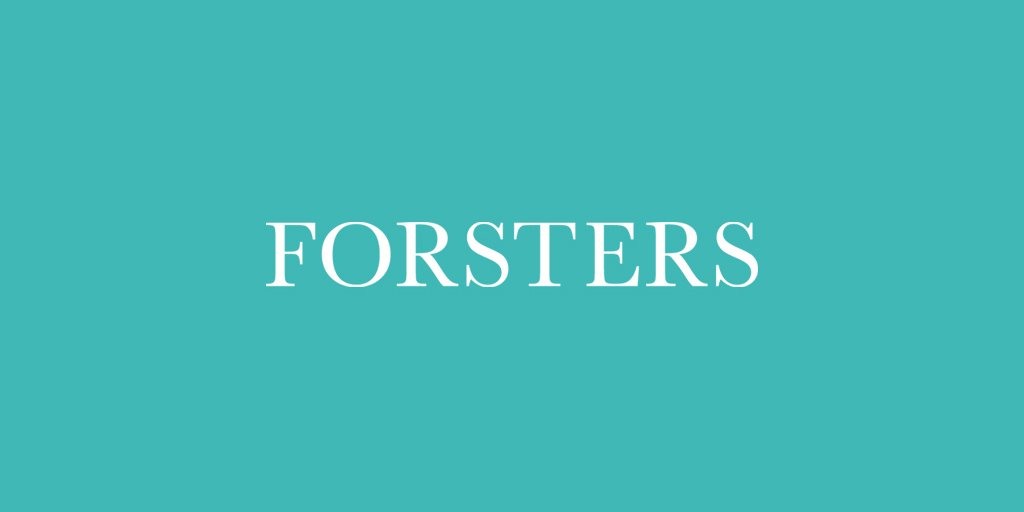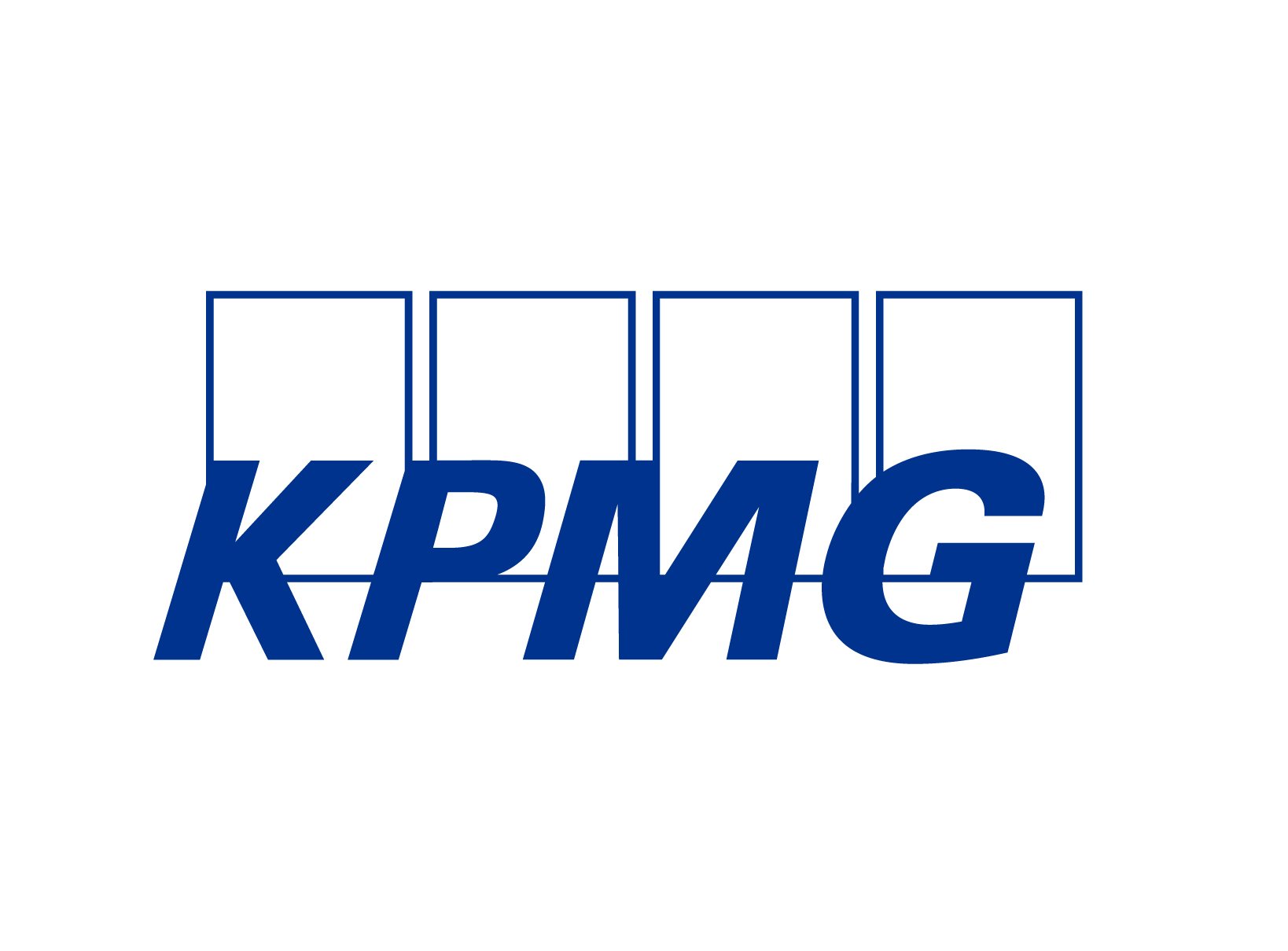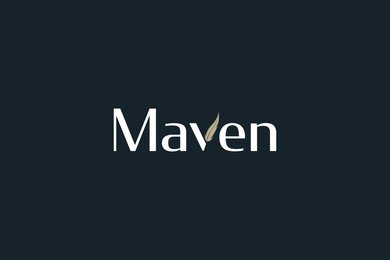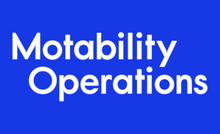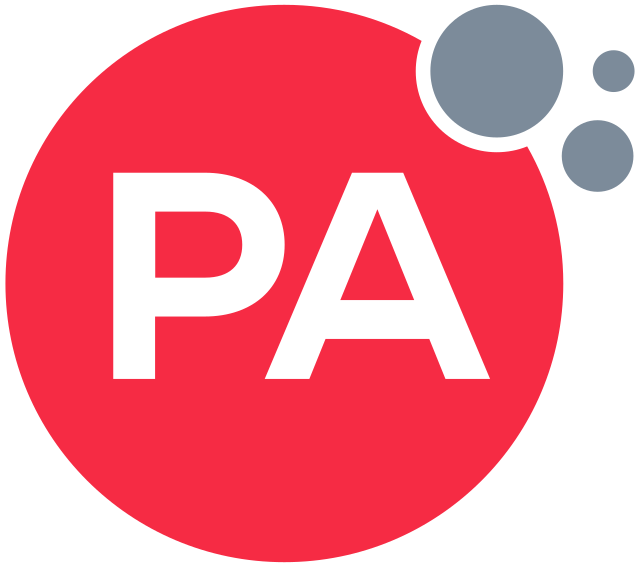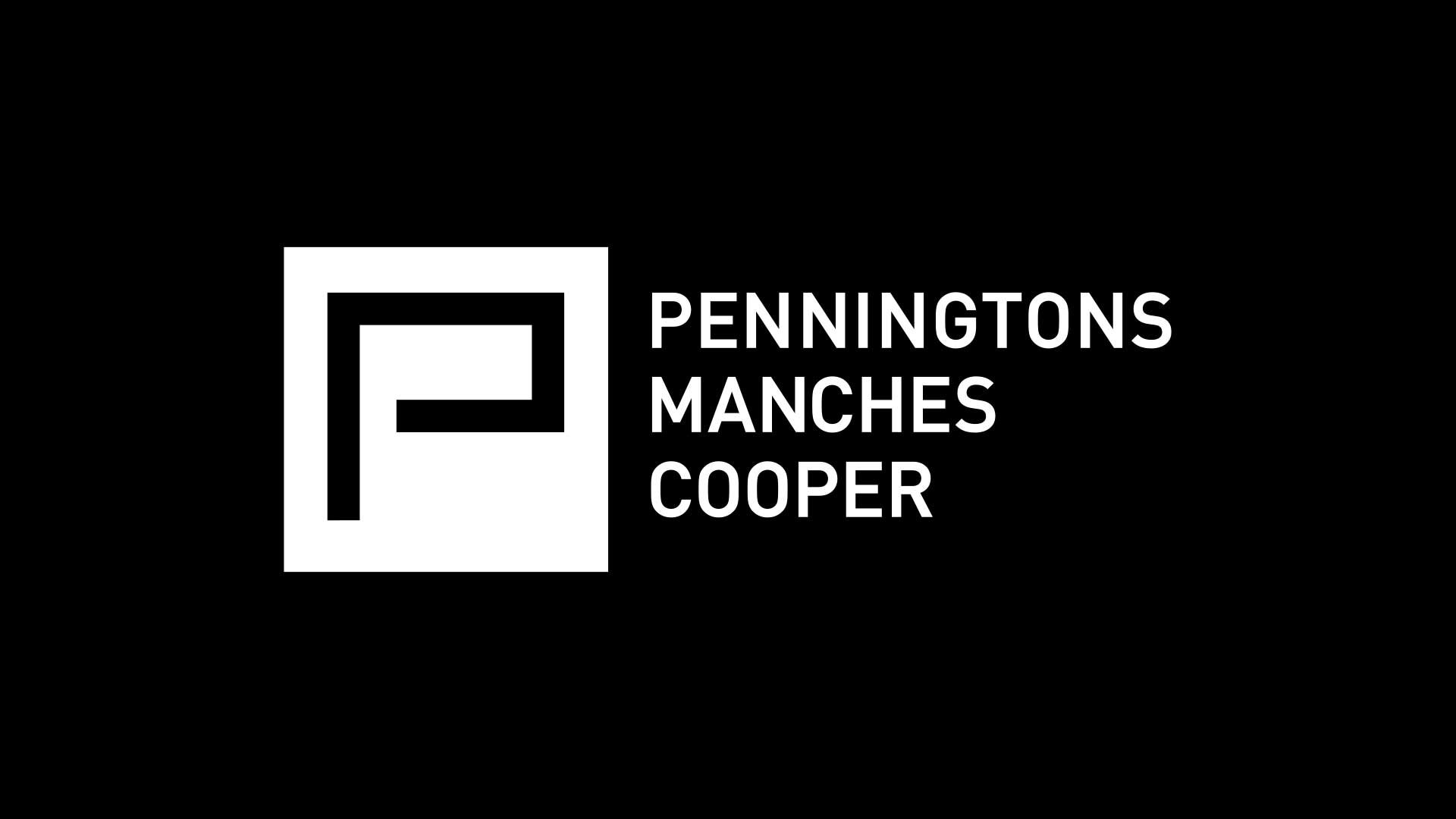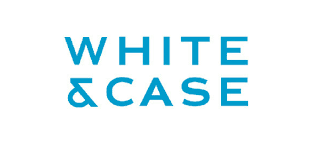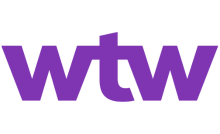Author - Helen Cooke, CEO, MyPlus
It is probably fair to say that many, if not all, students face challenges as they enter employment. From poor grades and a lack of work experience to feelings of anxiety and tough competition for jobs – the challenges are far and wide. However, for those who have a disability the challenges can be even greater. In addition to the challenges facing all students, those with a disability will potentially have another swathe of challenges that are specifically related to, or as a result of, having a disability. If employers are to successfully engage with disabled students they need to be aware of these in order that they can try to address them.
The challenges that disabled students face are wide ranging however 3 of the most common are as follows:
Challenge 1 – A lack of confidence
It’s human nature for us to compare ourselves to others; and for those who have a disability it is easy to concentrate on all the things we can’t do, or can no longer do, particularly when compared to our non-disabled colleagues. It is this comparison which leads to lower confidence and a belief that employers wont see past a disability and recognise the talents and abilities that exist.
This low confidence can result in individuals excluding themselves from the recruitment process by not applying to firms in the first place, or applying and not being open about their disability, which is the second challenge.
Challenge 2 – Informing employers about their disability
In recent research undertaken by MyPlus Consulting, 76% of students were concerned about being open about their disability with an employer. This concern was either stopping them applying for opportunities altogether, or they were applying but not being open about their disability resulting in them not gaining the support they required to demonstrate their ability during the interview process.
The concerns are many and varied including, but not limited to: a fear of discrimination; feeling like a nuisance when asking for support or adjustments; not knowing what judgements / assumptions will be made; and concerns about confidentiality.
Challenge 3 – Requesting adjustments
Employers frequently ask what is reasonable when it comes to adjustments. Unsurprisingly students also ask the same question – what is reasonable to ask for when it comes to adjustments and support? This is particularly true when cost is involved; the more expensive the adjustment, the harder it is for the individual to request it.
This concern is very much related to their fear of being perceived as a ‘hassle’ or ‘nuisance’ by a potential employer as they are having to ask for something that their non disabled counterparts, indeed those they are competing with for a job, don’t have to ask for.
Whilst the challenges that disabled students face are very real for them, progressive employers don’t see them in the same light. These employers recognised the unique talents that disabled individuals frequently develop because of managing their disability; they are inclusive of disabled individuals and proactively encourage openness; and implementing support and adjustments for applicants and employers is the norm. However, unless employers are proactive in talking about how they recognise and value disabled talent and how they provide support, disabled students will continue to feel at a disadvantage compared to their non-disabled peer group and take themselves out of the pool of talent that employers are keen to tap into.
Footnote: for more information about how employers can market themselves as employers of choice for disabled students read: How to attract disabled students: The 5 key steps for businesses to take. Read more
